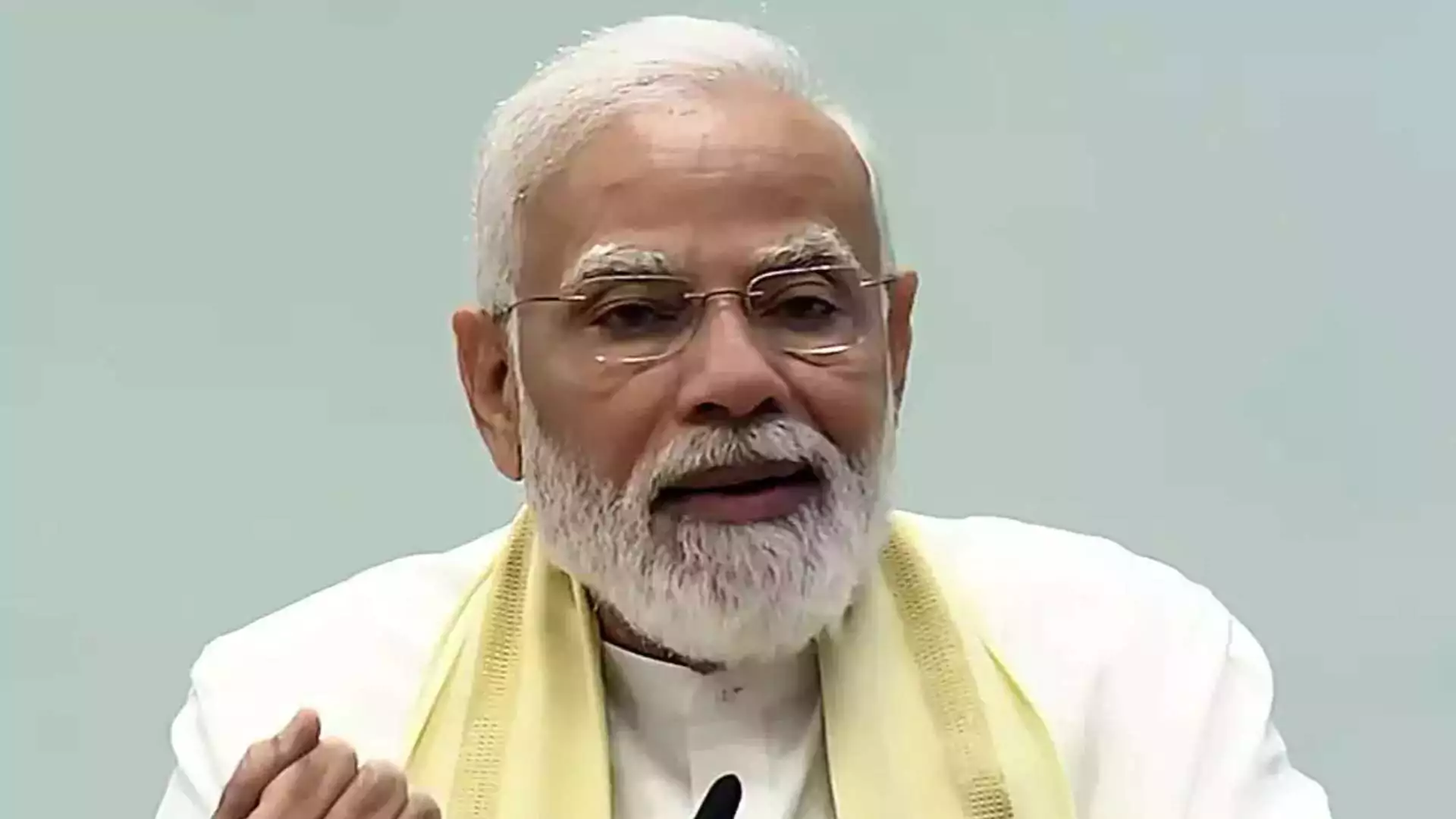India and Singapore are set to formalize around half a dozen strategic agreements, including a pivotal deal focused on developing a semiconductor ecosystem. This move will be part of Prime Minister Narendra Modi’s visit to Singapore from September 4-5, following his two-day trip to Brunei. The visit comes on the heels of last month’s India-Singapore ministerial roundtable, where advanced manufacturing and semiconductors were highlighted as new focal points for bilateral cooperation.
Semiconductor Ecosystem: A New Frontier
Among the agreements, the creation of a semiconductor ecosystem stands out as a key development. Negotiated swiftly by India’s Ministry of Electronics and Information Technology and its Singaporean counterpart, the agreement will leverage Singapore’s well-established semiconductor infrastructure. Although Singapore does not have major semiconductor manufacturers, it boasts a robust ecosystem of equipment firms, material suppliers, and R&D capabilities across the semiconductor value chain, including integrated circuit design, wafer fabrication, and testing.
Also Read: AAP MLA Amanatullah Khan Detained By ED
“The MoU will help India’s efforts to create its own ecosystem,” said a source familiar with the matter, highlighting the strategic importance of the partnership.
Jaideep Mazumdar, Secretary (East) in India’s Ministry of External Affairs, emphasized the synergy between the two nations: “[Singapore] has experience of more than 20 years in this area. This is an area where we are very keen to get into,” Mazumdar said during a media briefing. He further noted that this agreement could significantly enhance India’s semiconductor ambitions by tapping into Singapore’s established supply chain, which contributes 10% of the world’s chips and 20% of global semiconductor manufacturing equipment.
Other Agreements on the Table
In addition to the semiconductor deal, other agreements in the fields of digital cooperation, healthcare, and skill development have been finalized over recent months. These partnerships are expected to bolster bilateral relations, further extending the India-Singapore strategic partnership that marks its tenth anniversary in 2024.
During his visit, PM Modi will meet with Singaporean Prime Minister Lawrence Wong to review progress under the bilateral partnership and discuss broader regional and global issues. Modi will also engage with President Tharman Shanmugaratnam and leading business figures to explore avenues for economic collaboration.
Singapore’s Role in India’s Economic Landscape
Singapore holds a significant position as India’s largest trade partner within ASEAN and the sixth-largest globally. In 2023, it emerged as the top source of Foreign Direct Investment (FDI) into India, with cumulative investments since 2000 amounting to $160 billion. This economic interdependence underscores the importance of the upcoming agreements in enhancing bilateral trade and investment flows.
Brunei Visit: Expanding Strategic Ties
Before heading to Singapore, PM Modi will make a historic visit to Brunei from September 3-4—the first-ever bilateral trip by an Indian prime minister to the Southeast Asian nation. Modi is expected to hold talks with Sultan Hassanal Bolkiah to review existing cooperation and explore new areas of collaboration, particularly in the defence and energy sectors.
Brunei plays a crucial role in India’s “Act East” policy and Indo-Pacific strategy. It is also a key partner in India’s space program, hosting a telemetry tracking and command station since 2000 that assists in monitoring satellite launches. India and Brunei have signed an MoU for defence cooperation in 2016, paving the way for joint naval exercises and training initiatives.
Mazumdar highlighted that India is keen to secure long-term gas supply arrangements with Brunei to meet its growing energy demands: “With India’s demand for gas set to rise manifold, that is an opportunity for the Brunei side to lock in long-term gas supply arrangements, if they wish to do so.”
Focus on ASEAN-India Trade Agreement
Throughout both visits, India will stress the importance of concluding the ongoing review of the ASEAN-India Trade in Goods Agreement by 2025, a crucial framework that has been in place since January 2010. The review is expected to address emerging trade dynamics and further deepen economic integration between India and the Southeast Asian bloc.


















